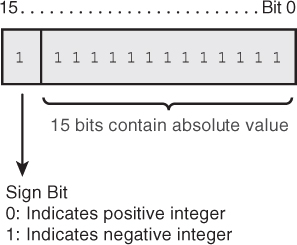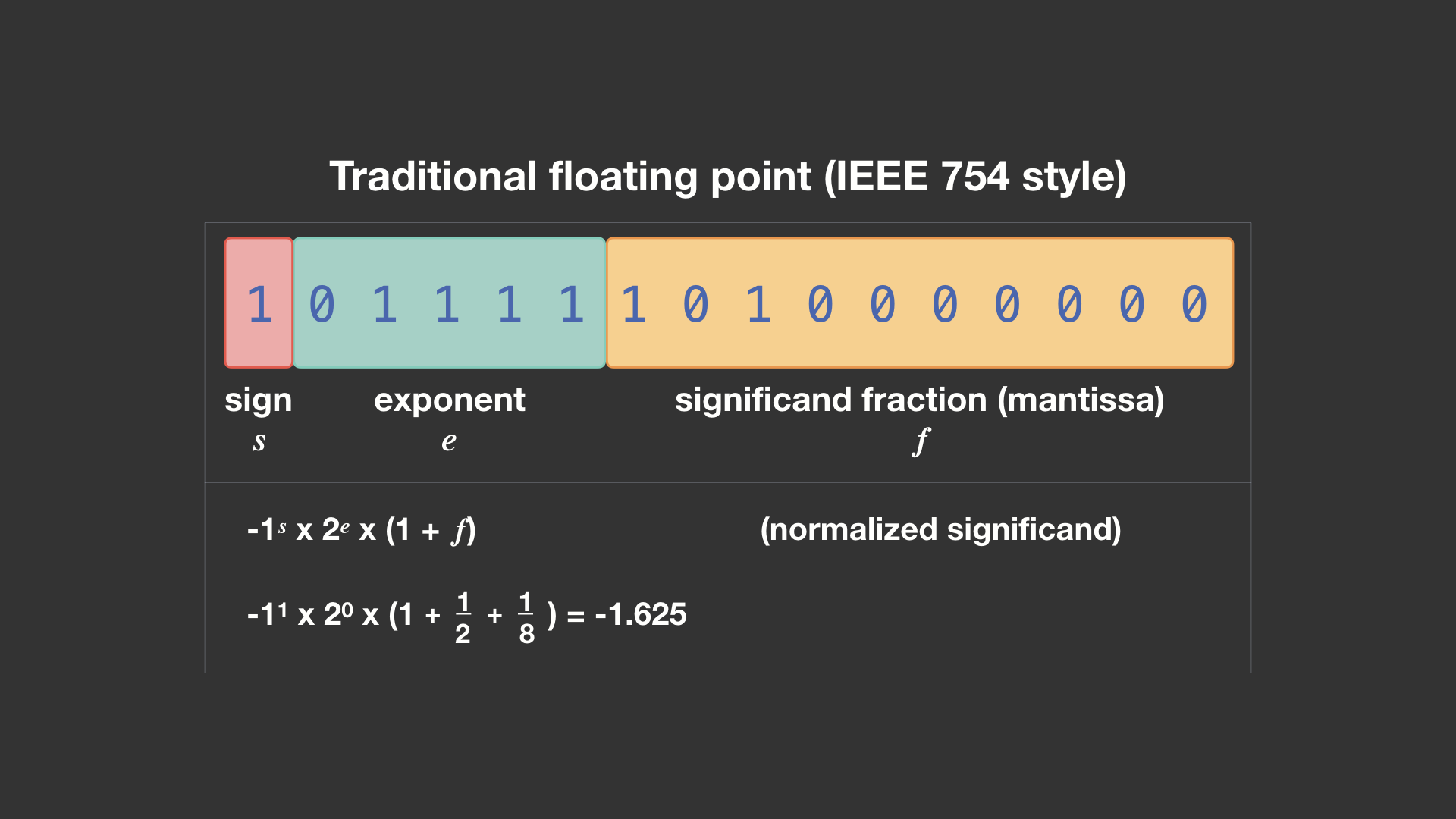ArgMinMax
Efficient argmin & argmax (in 1 function) with SIMD (SSE, AVX(2), AVX512, NEON) for
f16,f32,f64,i8,i16,i32,i64,u8,u16,u32,u64.
&[T] or Vec<T> where T can be f161, f32, f64, i8, i16, i32, i64, u8, u16, u32, u64.
slice, Vec, 1D ndarray::ArrayBase2, and apache arrow::PrimitiveArray3.
1 for
f16you should enable the"half"feature.
2 forndarray::ArrayBaseyou should enable the"ndarray"feature.
3 forarrow::PrimitiveArrayyou should enable the"arrow"feature.
Installing
Add the following to your Cargo.toml:
[dependencies]
argminmax = "0.4"
Example usage
use argminmax::ArgMinMax; // import trait
let arr: Vec<i32> = (0..200_000).collect(); // create a vector
let (min, max) = arr.argminmax(); // apply extension
println!("min: {}, max: {}", min, max);
println!("arr[min]: {}, arr[max]: {}", arr[min], arr[max]);
Features
- "half": support
f16argminmax (through using thehalfcrate). - "ndarray": add
ArgMinMaxtrait tondarrayitsArray1&ArrayView1.
Benchmarks
Benchmarks on my laptop (AMD Ryzen 7 4800U, 1.8 GHz, 16GB RAM) using criterion show that the function is 3-20x faster than the scalar implementation (depending of data type).
See /benches/results.
Run the benchmarks yourself with the following command:
cargo bench --quiet --message-format=short --features half | grep "time:"
Tests
To run the tests use the following command:
cargo test --message-format=short --all-features
Limitations
Acknowledgements
Some parts of this library are inspired by the great work of minimalrust's argmm project.









